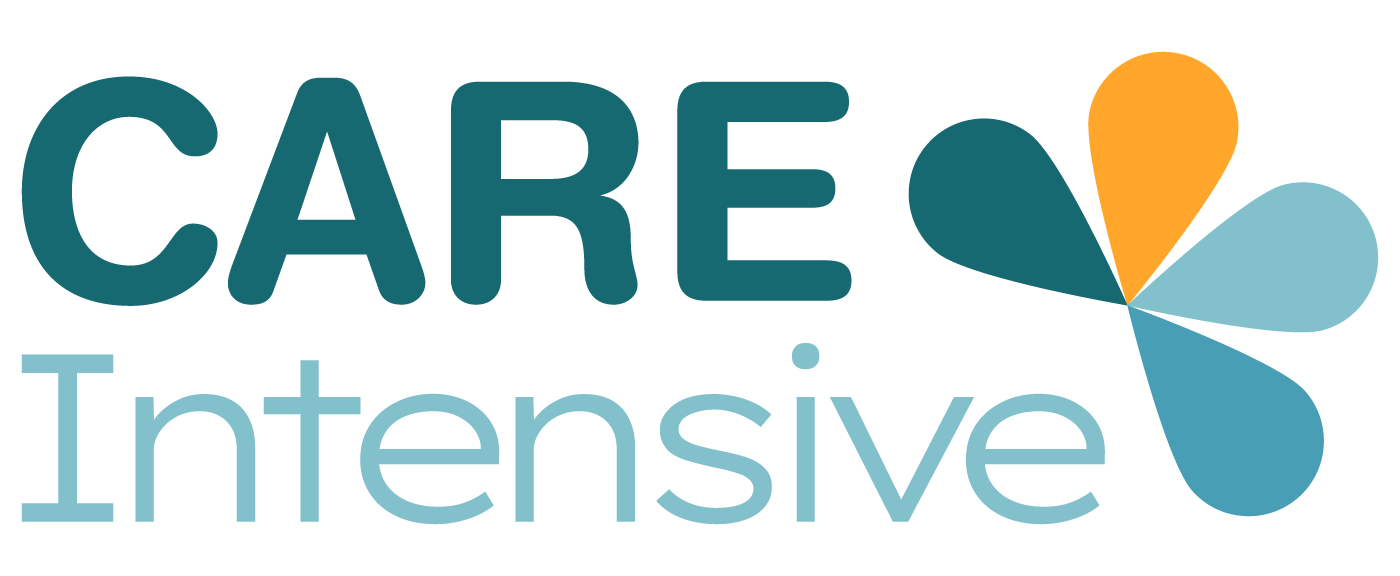The Health Insurance Portability and Accountability Act (HIPAA) is a crucial regulation in the U.S. healthcare system, designed to protect patient health information. A key aspect of HIPAA compliance involves understanding whether you or your organization qualifies as a 'Covered Entity.' This post aims to clarify the definition and criteria of a Covered Entity, helping you ascertain your status and compliance obligations under HIPAA.
A Covered Entity under HIPAA typically includes healthcare providers, health plans, and healthcare clearinghouses. These entities handle protected health information (PHI) and are subject to specific regulatory requirements. Understanding whether you qualify as a Covered Entity is vital, as it determines the scope of your HIPAA compliance responsibilities.
The criteria defining a Covered Entity are specific. Generally, if you are a healthcare provider who transmits health information in electronic form in connection with transactions like billing and fund transfers, you are likely a Covered Entity. Health plans, including insurance companies and HMOs, and healthcare clearinghouses that process nonstandard health information into a standard format also fall under this category.
- Do you transmit any health information in electronic form for transactions covered by HIPAA?
- Are you a healthcare provider, health plan, or healthcare clearinghouse?
- Do you handle PHI as part of your regular business activities?
Answering 'yes' to any of these may indicate you are a Covered Entity under HIPAA.
As a Covered Entity under HIPAA, you bear significant legal and ethical responsibilities. Firstly, you must adhere to the Privacy Rule, safeguarding the confidentiality of PHI. This involves implementing appropriate administrative, technical, and physical safeguards. Failure to comply can result in legal actions, hefty fines, and damage to reputation. Additionally, the Security Rule requires you to protect electronic PHI, mandating risk assessments and the implementation of security measures. Covered Entities must also comply with the Breach Notification Rule, which involves notifying affected individuals, the Department of Health and Human Services, and sometimes the media, in the event of a breach involving PHI.
Regular training and policy updates are essential to remain compliant and protect patient privacy. Understanding these obligations is crucial for maintaining the trust of patients and avoiding severe penalties.
Even if your organization doesn't qualify as a Covered Entity under HIPAA, its implications can still affect your operations. This is particularly true for companies that work with Covered Entities, such as vendors or consultants, who are classified as Business Associates. These associates are required to comply with certain aspects of HIPAA regulations, particularly those related to the protection of PHI.
Understanding HIPAA's extended reach helps in maintaining compliance and ensuring the security of sensitive health information, even for entities indirectly associated with healthcare services.
Identifying your status as a Covered Entity under HIPAA is more than a regulatory requirement; it's a critical step in safeguarding patient trust and ensuring ethical healthcare practices. Misinterpretation or ignorance of your entity's status can lead to significant legal repercussions and damage to your professional reputation.
If there's any uncertainty about your status, it's wise to seek expert advice to navigate these complex regulations. Remember, HIPAA compliance is an ongoing journey, necessitating continuous education, vigilance, and adaptation to changing healthcare landscapes and technological advancements. Your commitment to understanding and adhering to HIPAA's guidelines not only fulfills legal obligations but also reinforces your dedication to protecting patient privacy.
CARE Intensive is here to assist and guide you. Should you have any inquiries regarding your HIPAA status or its implications, feel free to
reach out to us at any time.
